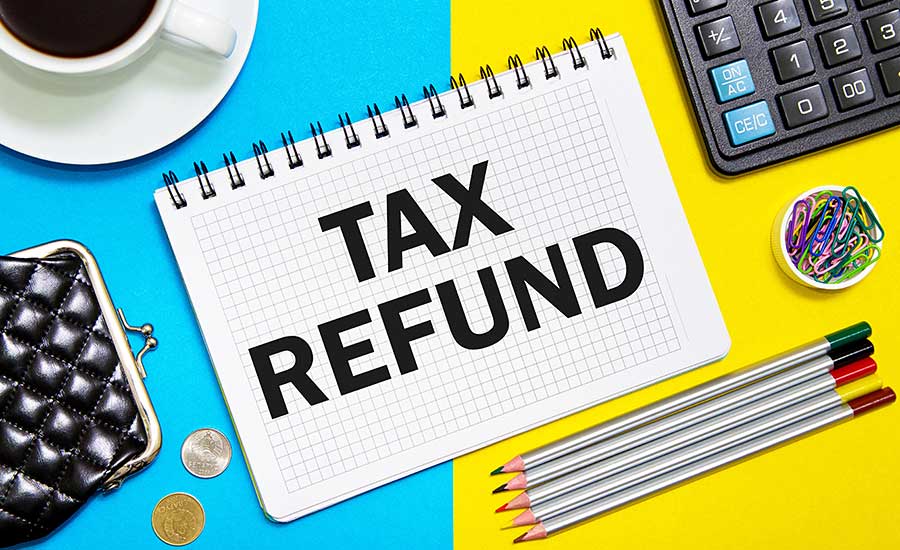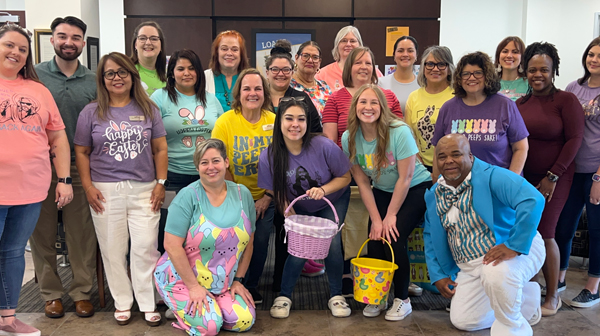Are you one of those Americans who looks forward to receiving your tax refund each year? If you do, you’re not alone. Millions of people receive tax refunds annually. That may seem like a good thing – a nice bonus or windfall that you didn’t already have – but it’s not always positive.
A tax refund means you’ve paid the government more than you owe in taxes. That usually means you have too much money deducted from your paycheck. Sure, you’re getting it back, but all at one time. That means the government is borrowing your money every time you get paid, until you file your taxes.
For people who are self-employed, a refund means you paid too much in estimated taxes. When you owe money on your taxes, it means you didn’t pay enough in estimated taxes.
The Upsides of a Tax Refund
For some people, a tax refund is a helpful, forced savings plan. If you struggle to save money on your own, overpaying taxes might prevent you from spending extra cash throughout the year. Some also prefer a refund to avoid the risk of owing money unexpectedly.
The Downsides of a Tax Refund
While a refund feels great, it essentially means you’ve been giving the government an interest-free loan. That money could have been used throughout the year to reduce debt, grow your retirement savings, cover daily expenses, and increase the amount of your regular paycheck.
For example, if you had $5,000 in credit card debt with a 15% interest rate, putting an extra $261 per month (instead of waiting for a lump sum refund) toward your balance could save you around $225 in interest over a year. Or, investing that same amount monthly in a retirement account earning a 7% return could give you more than just your initial savings.
How People Spend Their Refunds
Surveys show that many people use refunds wisely—40% plan to save for emergencies, and 37% aim to pay down debt. But others see it as “free money” to splurge on things they wouldn’t normally buy, like clothing, electronics, and shoes.
Make Your Money Work For You
Rather than relying on a refund, consider adjusting your W-4 tax form to keep more of your paycheck throughout the year. Use the IRS Tax Withholding Estimator to see if your withholdings match your actual tax liability, and update your W-4 whenever your financial situation changes.
If you do get a refund, be intentional with it—pay off debt, boost your savings, or invest in your future. A tax refund isn’t just a bonus; it’s a tool that can help you achieve your financial goals if used wisely.




